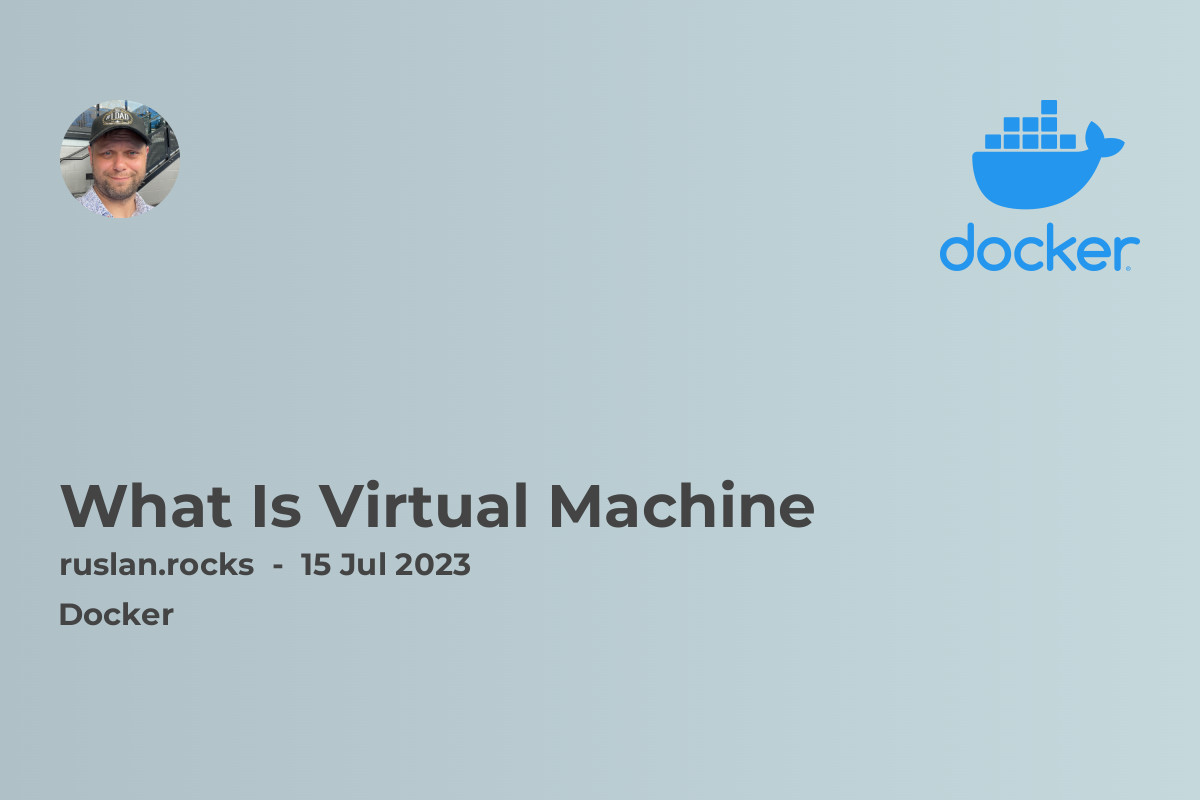
A virtual machine is essentially a software emulation of a physical computer or server. It allows multiple operating systems (OS) to run on a single physical machine, enabling efficient utilization of hardware resources. Each virtual machine operates as an independent entity, with its own virtual hardware, operating system, and applications. This means that multiple virtual machines can be run simultaneously on a single physical machine, without interference or conflicts.
Virtual machines are created using virtualization software, such as VMware, VirtualBox, or Microsoft Hyper-V. These software solutions enable the creation, management, and execution of virtual machines, providing a platform for running multiple operating systems on a single physical machine.
How Does It Work?
Virtual machines are based on the concept of hardware virtualization, where the physical hardware resources of a computer are divided and allocated to different virtual machines. Each virtual machine is allocated a portion of the host machine's resources, such as CPU, memory, storage, and network connectivity.
The virtualization software creates a layer, known as the hypervisor, which abstracts the underlying hardware resources and provides an interface for managing and controlling the virtual machines. The hypervisor enables the host machine to run multiple operating systems simultaneously, isolating each virtual machine from the others.
Each virtual machine consists of two main components: the virtual hardware and the guest operating system. The virtual hardware is an emulated set of hardware devices, including processors, memory, disk drives, and network adapters. The guest operating system, which can be any supported OS, interacts with the virtual hardware just like it would with physical hardware.
Benefits of Virtual Machines
Virtual machines offer several significant benefits that have made them popular in various domains, including software development, testing, server consolidation, and cloud computing. Here are some key advantages:
-
Efficient resource utilization: By running multiple virtual machines on a single physical machine, resource utilization is maximized, resulting in cost savings and improved efficiency.
-
Isolation and security: Each virtual machine is isolated from the others, creating a secure environment where a software failure in one virtual machine does not affect the operation of others.
-
Easy migration and scalability: Virtual machines can be easily migrated between host machines, making it simple to scale up or down resources as required.
-
Simplified testing and development: Virtual machines provide a sandboxed environment for testing and development purposes, enabling developers to experiment without impacting the production environment.
-
Higher hardware utilization: By allowing multiple operating systems to run on a single physical machine, virtualization increases hardware utilization, reducing the need for additional hardware.
Use Cases for Virtual Machines
Virtual machines find applications in various fields. Here are a few common use cases:
-
Server virtualization: Virtual machines enable the consolidation of multiple physical servers into a single hardware platform, reducing costs and simplifying management.
-
Application testing and debugging: Virtual machines provide a controlled environment for testing and debugging software applications, allowing developers to replicate various configurations and scenarios.
-
Legacy application support: Virtual machines allow the running of legacy applications on modern hardware, eliminating the need for outdated physical machines.
-
Cloud computing: Cloud service providers utilize virtual machines to offer scalable and flexible infrastructure as a service (IaaS) solutions.
-
Disaster recovery and backup: Virtual machines can be quickly restored and replicated, making them ideal for disaster recovery and backup strategies.
Conclusion
Virtual machines have revolutionized the way we utilize computing resources. By abstracting the underlying hardware, virtual machines provide flexibility, agility, and efficiency. They enable organizations to optimize resource usage, simplify software testing and development, enhance security, and pave the way for innovations such as cloud computing. Embracing virtualization and virtual machines opens up a world of possibilities in the ever-evolving field of computing.
Related Topics:
- Understanding Update Master in Git
- Docker vs Kubernetes
- Introduction to Containerization
- Benefits and Disadvantages of Node.js
- Cloud Computing: The Future of Infrastructure
Sources:
